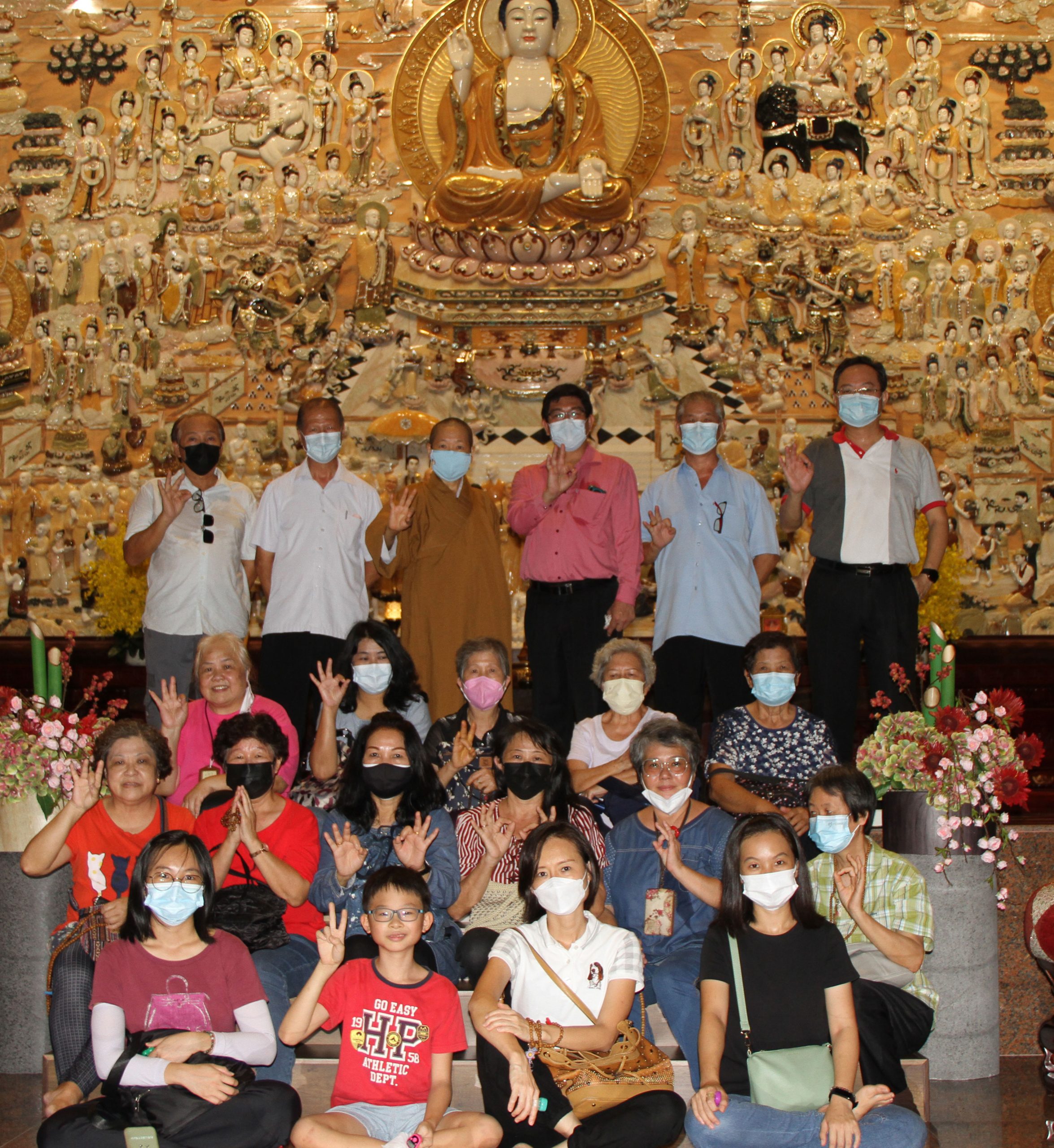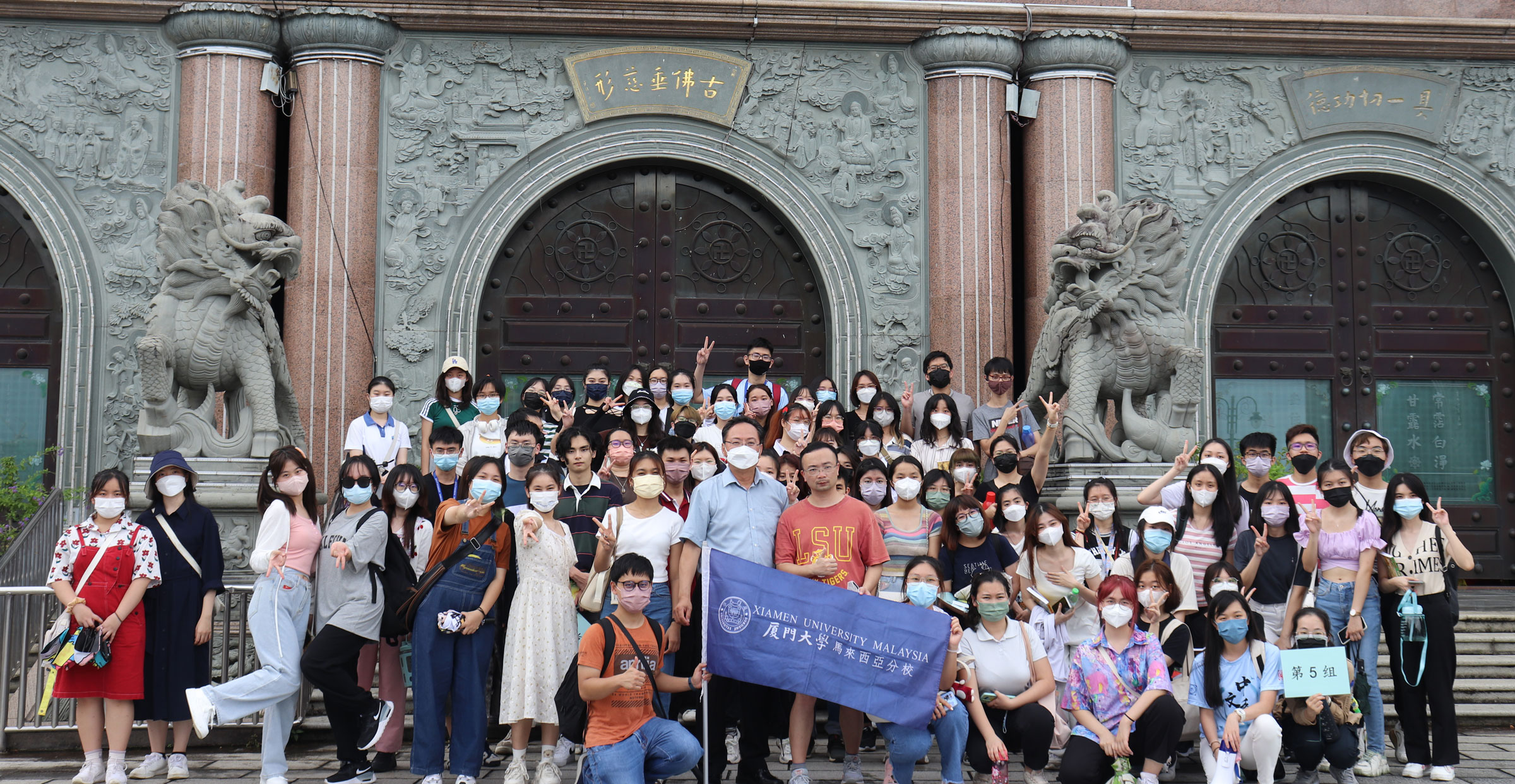Introduction of the Center
Background
Both time and space are crucial factors in the study of history. The rapid development of society and the ever-changing environment can affect our understanding of early societies and lead to biased interpretations and analyses. Therefore, collecting the folk documents left behind by the predecessors and understanding their history from their perspective rather than from the official one is one of the main focuses of the study of the local Chinese, and it is also an emerging research method in recent years. In view of this, the Centre for Research on Southeast Asian Chinese Documents was established in 2020 as a tripartite collaboration between Xiamen University Malaysia, Xiamen University China and the National University of Singapore. The Center is headed by Associate Professor Hue Guan Thye, with Professor Zheng Zhenman and Professor Kenneth Dean as Honorary Advisors. The Center is funded by the Xiamen University Malaysia and the Khind Starfish Foundation to search for Malaysian Chinese folk literature and conduct related humanities research.


Purpose
The Center’s main objective is to collect and study the documents of Malaysian Chinese society and history, and to systematically collect folk documents of all Chinese cultural units in Malaysia, such as Chinese New Villages, townships and fishing villages, through field interviews and field surveys in localities. These data will be integrated with other Chinese and English archival resources and inputted into the database to fill the gaps and deficiencies of official archives and documents. The Center will establish four major databases in Malaysia, Chinese New Villages, Chinese Houses, Chinese Temples and Chinese Cemeteries. Meanwhile, the Center will also establish Malaysia Historical Geographical Information System (MHGIS), and Malaysia Biographical Database (MBDB), and enrich the Singapore Historical Geographical Information System (SHGIS) and Singapore Chinese Biographical Database (SBDB), thus positioning Malaysia as a major player in the humanities digital and in the future extending to the research databases and web platform of Southeast Asian Chinese. Eventually, the Center will share the research resources of the four databases for free and set up a “Scholar’s Page” and a “Communication Platform” to provide a platform for experts and scholars from all over the world who are interested in studying humanities projects in Malaysia, as well as private scholars to exchange ideas.

Significance
The innovative features of the Center are threefold. First, the professors will lead fieldwork with students from various countries to develop their enthusiasm and skills for historical research and to foster a new force for local Chinese studies. Second, the research will also provide an opportunity to show students from various countries the impact of geographic factors on regional history and transnational networks in Malaysia and Singapore, giving them a deeper understanding of our country’s history. Third, by presenting the clans, dialect groups, merchants/ship numbers, and local temples shared by Malaysia, Singapore, and South China, Southeast Asia, we are able to interpret the regional and cultural history of Malaysia and Singapore from the bottom up, providing an alternative perspective to the top-down narrative of the British colonial and independent governments, and enriching the depth of local Chinese studies.

